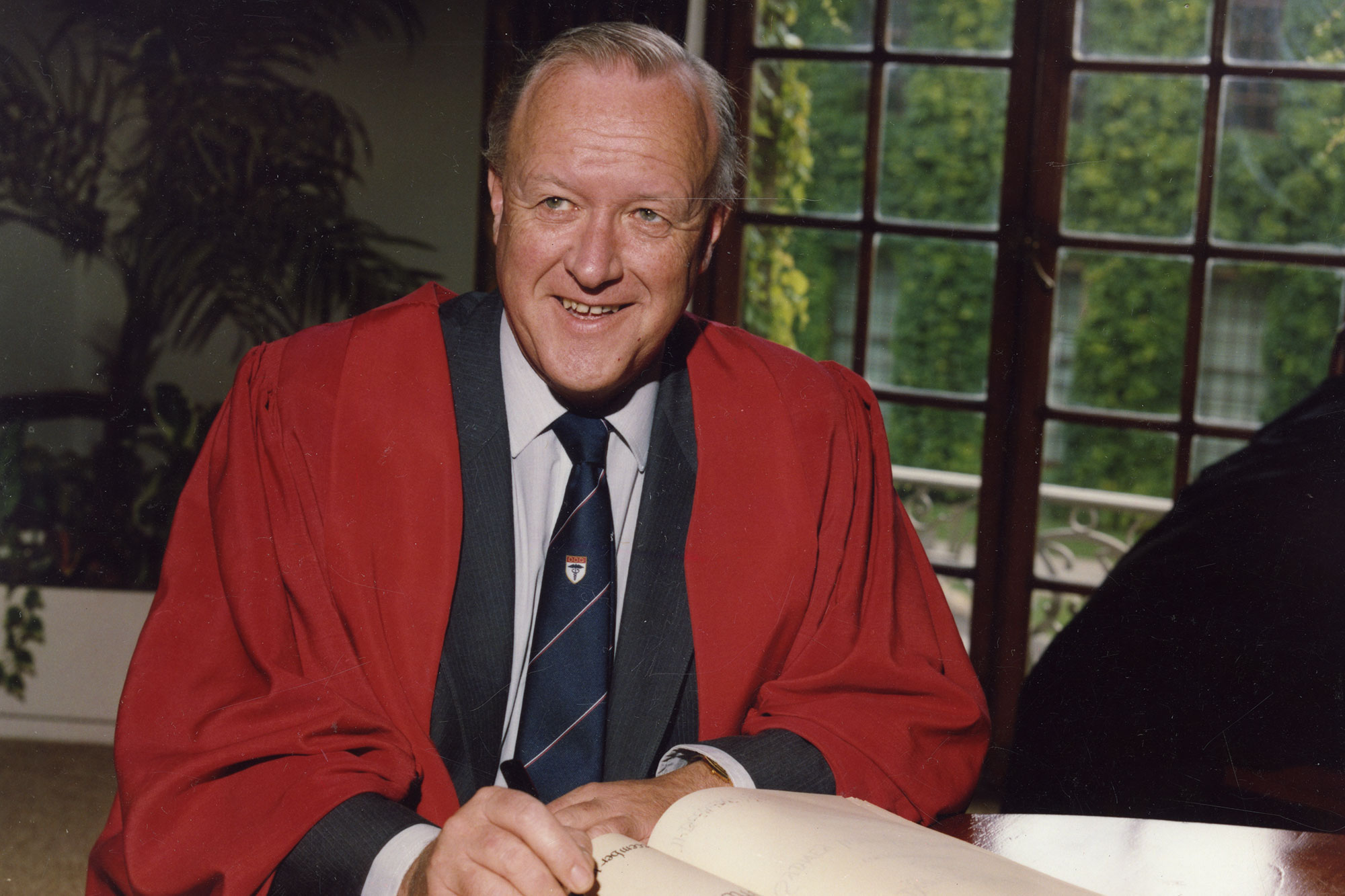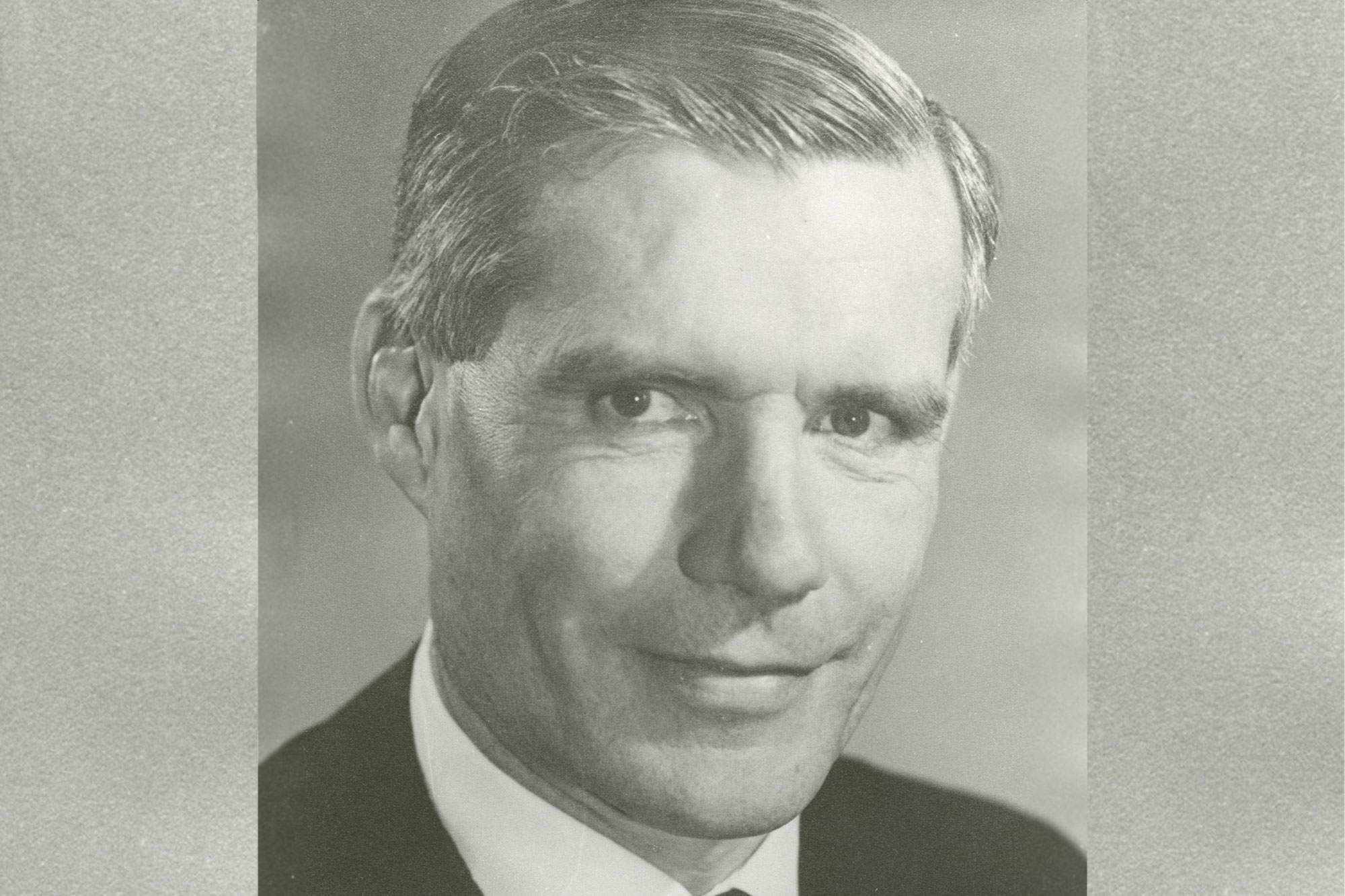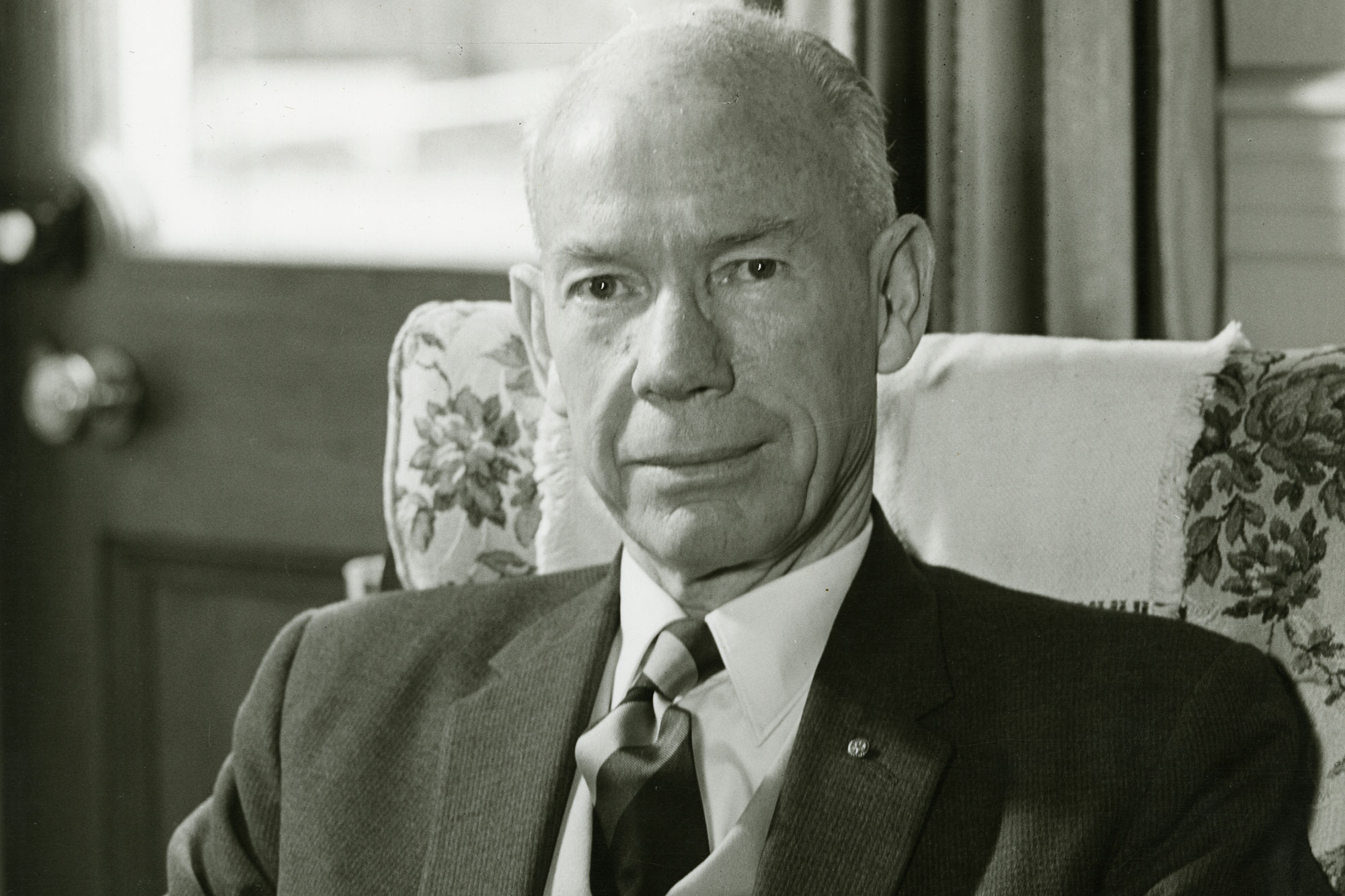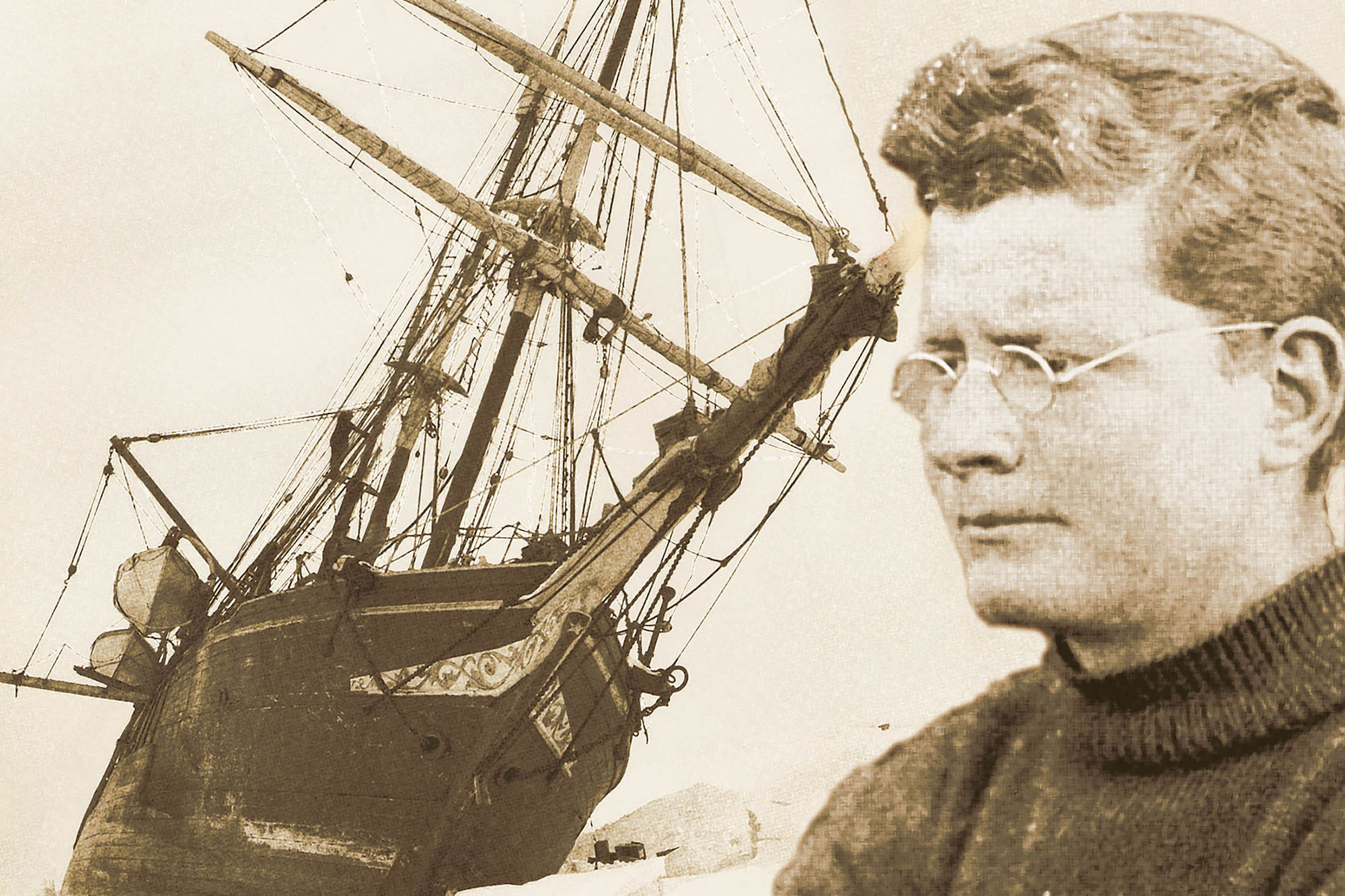UCT researchers triumph at NRF awards
04 September 2024 | Story Ayanda Mthethwa. Photos NRF. Read time 7 min.
Every year, the National Research Foundation (NRF) Awards celebrate the country’s top researchers, scientists and research teams for their work towards advancing knowledge and helping society address and overcome challenges through research. This year, several leading University of Cape Town (UCT) researchers walked away with prestigious recognition.
This year’s ceremony, themed “Celebrating 25 Years of Research, Innovation, Impact and Partnerships” highlighted the NRF’s accomplishments since its establishment in 1999. Speaking in his capacity as the Chairperson of the NRF Board, newly appointed UCT Vice-Chancellor, Professor Mosa Moshabela, recognised all awardees as “the pride of our nation, the epitome of excellence” whom society must be proud of. He also acknowledged the NRF’s role in “bringing science much closer to society and society much closer to science.”
“Training of postgraduate students is an intricate part of being an academic.”
UCT’s research strength and excellence were prominently displayed as two researchers, and one postgraduate student, received special recognition awards in the following categories:
Champion of Research Capacity Development and Transformation Award – Professor Eric van Steen

This award recognises individuals within the research community who are dedicated to capacitating, transforming and diversifying the scientific landscape in South Africa through the supervision of research students.
For nearly 30 years, Professor Eric van Steen has dedicated himself to nurturing new research talent, having supervised more than 200 students in their research. “Training of postgraduate students is an intricate part of being an academic. They are essential in doing research and development of new knowledge,” said Van Steen.
“The development of research capacity starts with a partnership between the students and me as the supervisor thus creating a space where students can explore new ideas, but also be open to criticism,” Van Steen added. Many students who’ve studied under his tutelage have gone on to have successful careers both in industry and academia, and he maintains strong links with them.
As the holder of the DSI [Department of Science and Innovation]-NRF South African Research Chair (SARChI) in Reaction Engineering at UCT, Van Steen’s research blends practical experiments with a strong theoretical framework. He has led studies exploring the detailed workings of chemical reactions on various materials, known as heterogeneous catalysis, using advanced methods like Density Functional Theory (DFT). His leadership in this area is widely recognised internationally.
Research Excellence Award: Next Generation Researchers – Sancho Nyoni
This award recognises outstanding academic performance by final-year doctoral students who are on the path to establishing their academic research career.
Sancho Nyoni, a PhD student at the Department of Chemical Engineering within the Centre for Minerals Research (CMR) at UCT, embodies the qualities of a next generation researcher. His work focuses on water chemistry in mineral processing, which is crucial for recycling and closed water circuits in mineral processing plants. This research is considered important to the regional mining industry as it adapts to the challenges of operating in a water-scarce environment.
“The impact of this work on the mining industry is significant, and I am proud to be a part of it,” he reflected on the importance of his research.
Nyoni describes his PhD journey as both challenging and rewarding. “I’ve learned patience and sacrifice, which have given me focus and a deeper awareness of my strengths and interests,” he said. “I know I am living for a cause bigger than myself as I work with my professors, Kirsten Corin and Cyril O’Connor, on our research, which directly impacts the mining industry’s future.”
“Neurological disease are the single largest cause of death and disability in children over the age of one across the world.”
Science Team Award – African Brain Child
This award recognises the innovation and achievements of a team dedicated to pushing the boundaries of scientific research in Africa and raising South Africa’s profile as a world-class research destination.
The African Brain Child (ABC) is at the forefront of addressing the research gap in brain conditions affecting children – conditions that are often neglected in science and healthcare policies. These include traumatic brain injury, meningitis, brain tumours, epilepsy and hydrocephalus.
“Conditions that cause brain injury or neurological disease are the single largest cause of death and disability in children over the age of one across the world,” said Professor Anthony Figaji, the director of the ABC.
Operating from the Red Cross War Memorial Children’s Hospital and UCT’s Neuroscience Institute, the ABC team evolved from a neurosurgery programme led by Professor Figaji, who also holds the DSI-NRF SARChI Chair of Clinical Neurosciences.
“These awards are a testament to the world-class research conducted at UCT.”
By integrating neuroscience research with clinical interventions, the team addresses the high burden of conditions that cause acute brain injury in children. “Our goal is to reduce the risk of death and disability due to brain injury and illness, and in so doing, make the most meaningful difference in the lives of the children under our care and across the world,” added Figaji.
Acting deputy vice-chancellor for Research and Internationalisation, Professor Jeff Murugan, highlighted that the achievements of UCT researchers exemplify the university’s commitment to driving scientific excellence. “Our scientific pursuits not only advance knowledge but also deeply impact the lives of people in South Africa and beyond.”
“These awards are a testament to the first-rate research conducted at the university. Guided by Vision 2030, our research portfolio challenges all of us at UCT to unleash knowledge in and from Africa and redefine and co-create a sustainable global future – an endeavour also made possible by those working behind the scenes to support this vital work,” Professor Murugan added.
NRF ratings-based awards
A-ratings are given to researchers recognised as leading international experts in their fields. The quality and impact of their research are evaluated through the NRF’s peer-review rating system. This year, two UCT researchers obtained new A-ratings, while four others were recognised for retaining this rating for the second time.
First ratings
- Professor Edward Sturrock
Department of Integrative Biomedical Sciences, Faculty of Health Sciences - Emeritus Professor Sue Harrison
Department of Chemical Engineering, Faculty of Engineering & the Built Environment
(will be invited to receive this recognition at next year’s ceremony)
Second rating
- Professor Keertan Dheda
Department of Medicine, Faculty of Health Sciences - Professor Kelly Chibale
H3D: Drug Discovery & Development Centre, Faculty of Science
(will be invited to receive this recognition at next year’s ceremony)
Third rating
- Professor Heather Zar
Department of Paediatrics and Child Health, Faculty of Health Sciences - Professor Ed Rybicki
Department of Molecular and Cell Biology, Faculty of Health Sciences
P-ratings are assigned to researchers considered likely to become future international leaders in their respective fields based on their demonstration of exceptional potential. Usually under the age of 35, these are researchers who have held a doctorate of equivalent qualification for less than five years. Three UCT researchers obtained this rare and exceptional rating.
- Dr Itumeleng Monageng
Department of Astronomy, Faculty of Science - Dr Jan Buys
School of Information Technology - Dr Mubeen Goolam
Division of Cell Biology, Department of Human Biology, Faculty of Health Sciences
(will be invited to receive this recognition at next year’s ceremony)
 This work is licensed under a Creative Commons Attribution-NoDerivatives 4.0 International License.
This work is licensed under a Creative Commons Attribution-NoDerivatives 4.0 International License.
Please view the republishing articles page for more information.
11th UCT Vice-Chancellor’s Installation Ceremony
The University of Cape Town (UCT) Council announced Professor Mosa Moshabela as the 11th vice-chancellor (VC) in May 2024. Professor Moshabela, who took office in August, was officially installed on 25 November 2024.
The Chair of Council of the University of Cape Town
Norman Arendse (SC)
announced that the university would host the ceremony at the Sarah Baartman Hall. The ceremony was co-hosted by UCT Chancellor
Dr Precious Moloi-Motsepe
and was attended by invited guests, dignitaries from higher education and beyond, and invited members of the UCT community.
This event took place on Monday, 25 November 2024 at 10:00.
News from the day
On Monday, 25 November 2024, the University of Cape Town installed its 11th Vice-Chancellor, Professor Mosa Moshabela.
Announcements about the ceremony
About the VC
Professor Mosa Moshabela formally took up the UCT vice-chancellor position in August 2024.
Duly elected
On 24 May 2024, Norman Arendse (SC), the Chair of Council at UCT, was proud to formally announce that Professor Mosa Moshabela accepted an offer to become the university’s 11th vice-chancellor. This concluded a thorough and consultative six-month recruitment and selection process. He formally took up the UCT vice-chancellor position in August 2024.
Previous UCT Vice-Chancellors
UCT has had 10 permanent vice-chancellors and two acting in the interim between permanent VC appointments. This historical photo gallery includes the 12 leaders who have been at the helm of South Africa’s oldest university in their turn.
Vice-Chancellors in Conversation
UCT VC Professor Mosa Moshabela and former VC Dr Max Price recently engaged in a conversation about leadership, and confronted the challenge of creating unity, trust and collegiality in an institution.
In the News

Khusela Ikamva is aimed at restoring not only the physical forest that was damaged by the fires in April 2021 but also the cultural and spiritual connections that the UCT community shares with the natural fauna and flora.
09 Oct 2024 - 6 min readExec comms
Announcements to the UCT campus community














































